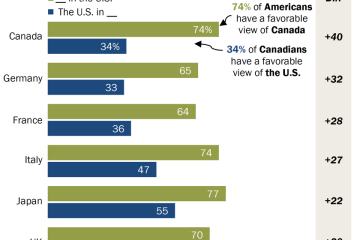Recent Developments in South Africa: An Overview

Introduction
South Africa, known for its rich cultural heritage and diverse landscapes, is currently experiencing significant changes that reflect its socio-economic and political dynamics. The importance of understanding these developments cannot be understated, as they not only affect the 60 million citizens of the nation but also have global implications due to the country’s role as a developing economy in the Southern African region.
Political Landscape
The political climate in South Africa has been marked by ongoing challenges, particularly as the ruling African National Congress (ANC) faces internal strife and waning support. Recently, the ANC conducted a nationwide consultation process to address concerns over corruption and ineffective governance, attempting to regain public trust ahead of the 2024 national elections. Observers describe this as a crucial moment for the party, as opposition factions, such as the Democratic Alliance (DA) and Economic Freedom Fighters (EFF), are gaining traction.
Economic Challenges and Opportunities
Economically, South Africa is grappling with high unemployment rates, which currently hover around 34%. However, the government has initiated several reforms aimed at rejuvenating the economy, particularly in sectors such as renewable energy, technology, and tourism. Investment in green energy has become a focal point, with recent announcements aiming to generate 18,000 MW of renewable energy by 2030, a critical step in both combating climate change and promoting job creation.
Social Issues and Community Initiatives
Socially, the country has seen movements advocating for racial equality and economic justice. The Black Lives Matter movement has gained a robust following, highlighting systemic injustices that continue to affect disadvantaged communities. Grassroots initiatives focused on education, job training, and community development are on the rise, showcasing local resilience and innovation. These efforts are vital in addressing inequalities that persist in the post-apartheid era.
Conclusion
In conclusion, South Africa stands at a crossroads filled with both challenges and opportunities. The upcoming elections and economic reforms could define the next chapter of its history. For readers, staying informed about these developments is essential, as they highlight a nation striving to reclaim its footing on the global stage while navigating complex issues that bear significance not only for its citizens but for regional stability and economic health.









